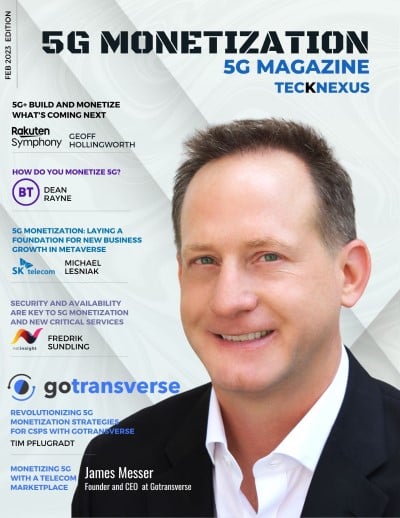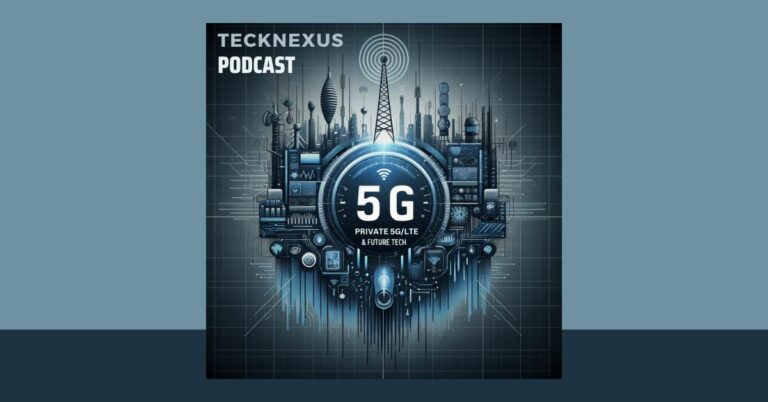Increasing demand for cloud services, data storage, and digital transformation. The country has been recognized as a strategic location for data center investment due to its strategic location in Southeast Asia, favorable business environment, and government initiatives to attract foreign investment, Says RationalStat
The report entitled “Thailand Data Center Market Analysis and Forecast, 2019-2028” analyzes the market in Thailand according to the type, ownership, and, end user, and region. The report is comprehensive and provides a thorough historical market size and a thorough market forecast. Market share analysis, services offered by the top players, a summary of the competition, key strategic imperatives, plans for the future and strategies, the most important consumers, potential growth areas, and competitive analysis for the players to be are analyzed in the Thailand market study for data centers.
Market Overview and Dynamics:
Thailand the market for data centers is predicted to grow at a rate of about 25% over the years 2019-2028. The country is home to more than 47 million Internet users, which means the dependence on digital infrastructure for the rapidly expanding economy and society is increasing and numerous Chinese, US Cloud companies are preparing in the country to offer Cloud solutions to the market.
Thailand provides opportunities to join the market of data centers which are highly sought-after by foreign and domestic investors. Private equity firms, corporate investors companies’ investment funds for infrastructure and pensions along with sovereign wealth funds all have provided an impressive quantity of funds to this particular asset class. Investors looking to invest in this growing sector should be aware of tax-related and legal structuring factors to maximize the value of their investments.
Rising data traffic and investment promotion indicate potential growth opportunity
Due to some businesses hosting their data “on-premise,” the new colocation developments will be more resistant to the expensive downtime that they currently experience. The rapid increase in investment is expected to be attested to the future growth of the data center market and are therefore securing sizeable land plots that can accommodate the multi-megawatt leasing deals that the likes of Tencent, Amazon, and Microsoft require to operate their Cloud platforms in the country.
- In Q1 2022, Bangkok recorded 5 MW of take-up, attributable mainly to public Cloud deployments, whilst the total yearly take-up for 2021 was 14.32 MW which represents a nearly 900% increase on 2020 take-up, which goes some way in outlining the growth trajectory of the market is experiencing now that the hyper-scale cloud providers are focusing on the region. Aggregate current supply climbed marginally to 147 MW, with NTT announcing the development of their Bangkok facility.
Future supply growth is characterized by a plan to develop the data center campus by some of the developments taking place in the country:
- Etix Everywhere after acquiring the majority stake in Genesis Data Center’s 2.4 MW facility.
- Singtel, a Singapore telecommunications provider, has signed a Joint Development Agreement (JDA) with Thailand’s Gulf Energy and local telco Advanced Info Service (AIS) to develop data centers across the country.
- Raimon Land, a top luxury property developer in Thailand, also made a big move to the data center sector after forming a strategic partnership with Nautilus Data Technologies, a US-based data center developer. The partnership allows Raimon Land to provide world-class infrastructure in the country as well as other regional neighbors.
By 2025, the data center market in Thailand is expected to double in size to 100 MW of live capacity, given the hyper-scale Cloud interest in the region. Furthermore, due to the increased emphasis on cost-effectiveness, flexibility, and reliability, it is anticipated that the shift from these company-owned servers inside office buildings towards public Cloud facilities will become more obvious.
Segmental Analysis: Thailand and South East Asia Managed Security Services Market
- Based on end users, the government sector is the major end-user of data centers due to the increasing adoption of e-governance initiatives and the need for secure data storage. The BFSI sector is also a significant end-user due to the increasing adoption of digital banking services.
- On the basis of region, Bangkok is the major region in the market due to the presence of large-scale data centers and increasing adoption of cloud-based services.
Competition Analysis: Regional and local Players Dominate the Market
Due to the presence of many well-established companies in the Thailand data centers sector, there is intense competition. The market is primarily dominated by international players such as Equinix, Digital Realty, NTT Communications, and Global Switch.
These companies have a significant presence in Thailand and offer a range of services, including colocation, cloud connectivity, and managed services. They have also established partnerships with local providers to enhance their market reach.
- China-based tech companies including Tencent and Huawei tapped into the market early in 2018, followed by Alibaba, which launched its Cloud region late last year with multi-megawatt deployments into colocation facilities across Thailand.
- AWS also acquired three plots of land for self-build deployments to the south of the EEC earlier this year strategically located near the cable landings stations at the Laem Chabang Port.
There are also several local data center providers in Thailand, such as CAT Telecom, True IDC, and TCC Technology, which have been investing in building new data centers and expanding their service offerings. These companies have a strong presence in the domestic market and are targeting enterprises, SMBs, and government agencies.
Some of the prominent players operating in the market are True IDC, NTT Global Data Centers, SUPERNAP Thailand, STT Global Data Centers Thailand, CSL, Tencent, Huawei, Amazon, IBM Corp, Oracle Corp, Microsoft, and Equinix Inc among others.
RationalStat has segmented the Thailand data centers market on the basis of type, ownership, organization, end user, and region.
- By Type
- Enterprise Data Center
- Colocation
- Cloud Data Center
- Managed Data Center
- By Ownership
- Owned
- Leased
- Third-party
- By Organization
- Private/SMEs/MNCs
- Government/Public Entities
- By End User
- IT & Telecom
- BFSI
- Media and Entertainment
- Government
- Energy & Utilities
- Healthcare
- Retail
- Automotive & Transportation
- Logistics
- Central/Local Administrative Agencies
- Others (Education etc.)
- By Region
- North Thailand
- Eastern Thailand
- Central Thailand
- South Thailand
For more information about this report https://store.rationalstat.com/store/thailand-data-center-market/
About RationalStat LLC
RationalStat is an end-to-end global market intelligence and consulting company that provides comprehensive market research reports along with customized strategy and consulting studies. The company has sales offices in India, Mexico, and the US to support global and diversified businesses. The company has over 80 consultants and industry experts, developing more than 850 market research and industry reports for its report store annually.
RationalStat has strategic partnerships with leading data analytics and consumer research companies to cater to the client’s needs. Additional services offered by the company include consumer research, country reports, risk reports, procurement intelligence, data analytics, and analytical dashboards. `
RationalStat provides market research reports on various industries in Thailand and South East Asia such as information and communications technology, cloud services, data centers, managed security services, 5g services, 5g infrastructure, and IT spending analysis, among others.
Contact
RationalStat LLC
Kimberly Shaw, Content and Press Manager
sales@rationalstat.com
Phone: +1 302 803 5429
























































